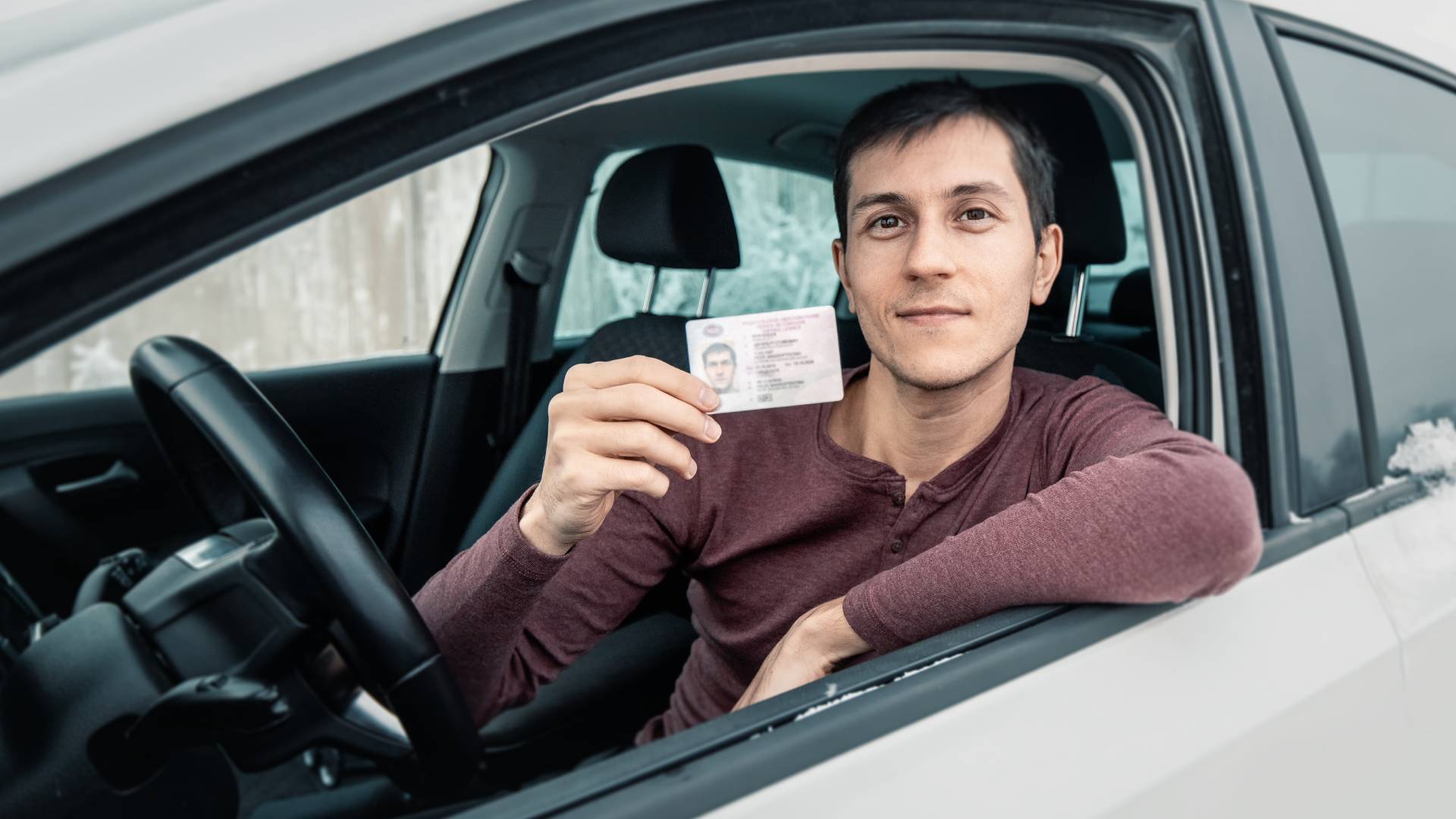Camryn Mathews, Cristina Toppin, Anna Heckler, Qudry Adeyanju, and Madison Menkevich
New Jersey Bill A4743, passed in 2019 and implemented in 2021, expanded access to standard driver’s licenses by creating two categories of driver’s licenses and identification cards. Specifically, the bill established the standard driver’s licenses or identification card, and a second permit issued to residents unable to prove lawful presence in the US. This research project assesses the impacts of this policy in terms of economic, public safety, community, and individual outcomes. In order to assess the implications of expanded driver’s licensing, this evaluation first involved a literature review of comparable transportation policies across the nation.
Policy evaluations of comparable licensing legislation across the U.S. indicated that status-neutral licensing:
- increases revenue through registration fees, sales of car parts, taxes, and automotive services;
- improves public safety as newly licensed drivers prove to be more law-abiding, civically-minded, and cognizant of safety measures such as insurance;
- benefits communities, as state residents experience increased access to resources, such as bank accounts, early childcare and higher education, and;
- supports individual physical and mental health, as family units strengthen with reliable transportation to jobs, children experience reduced levels of trauma and stress, and marginalized populations receive secondary benefits of the law.
Analysis of available secondary data also reflected outcomes of status neutral licensing practices on financial, safety, and community indicators. Publicly available state data indicatedthat NJ A4743 coincided with increased state revenue and licensing rates, improved public safety measures, and improved access to transportation resources. As a recommendation for future and more state-specific impact evaluation of the recently implemented New Jersey law, this report proposes a survey design. The survey would collect input from community members through collaboration with the state nonprofit advocacy agency Make the Road New Jersey (MRNJ).

